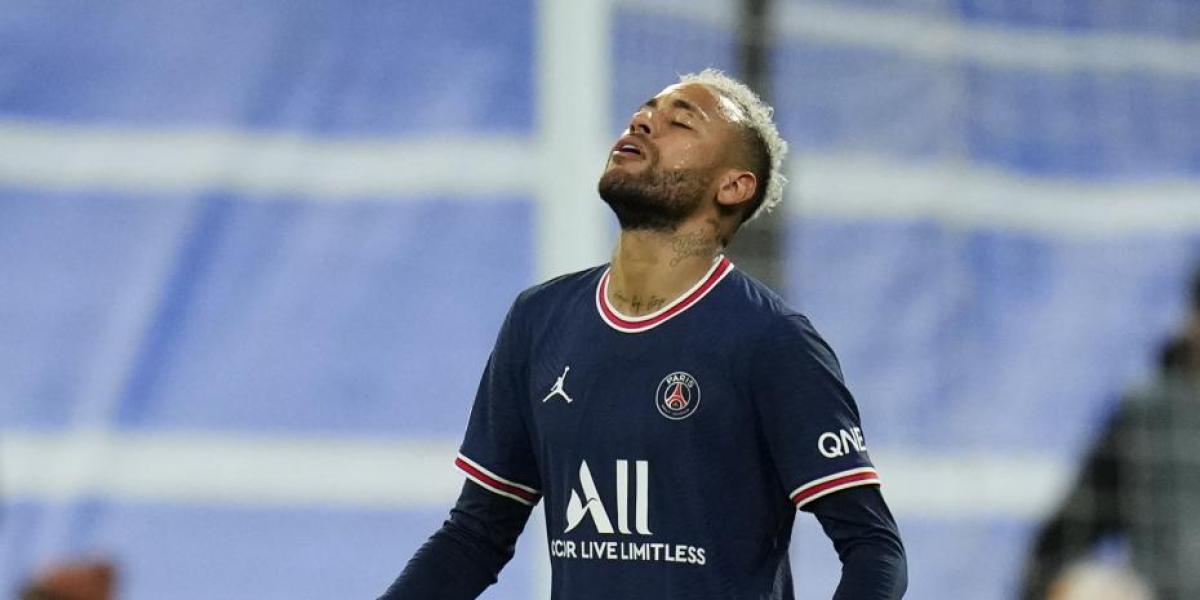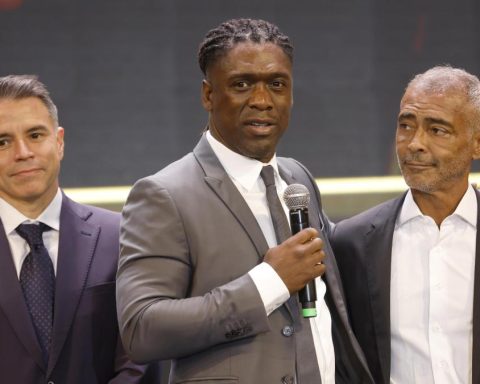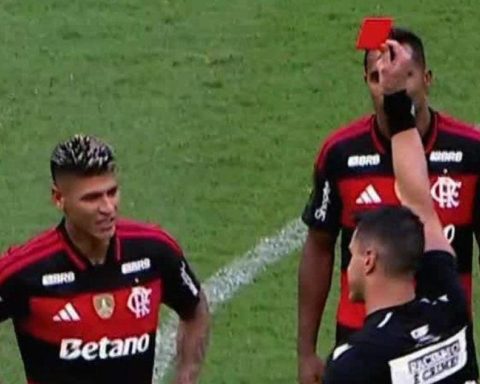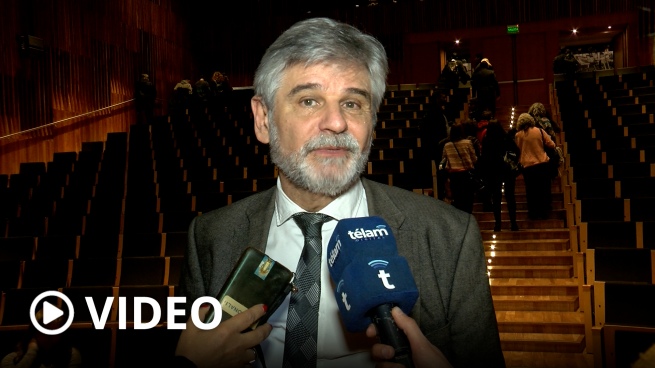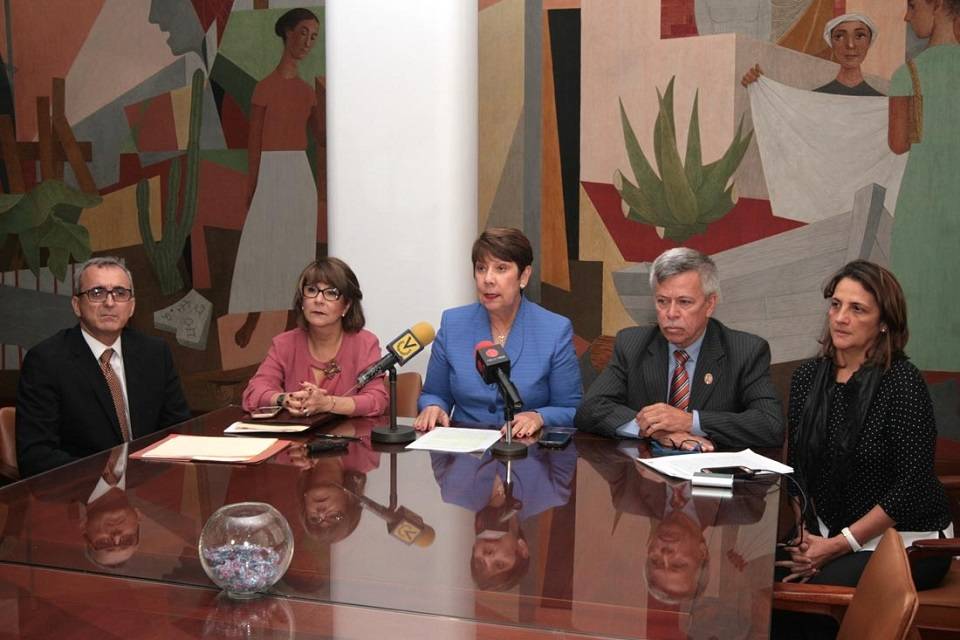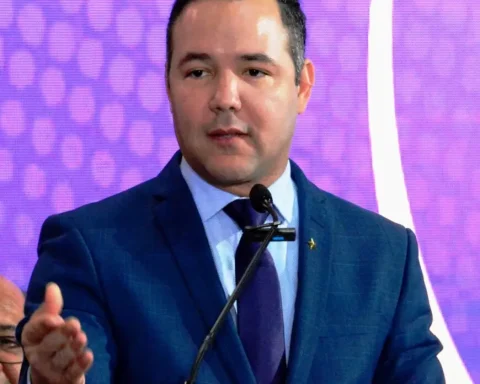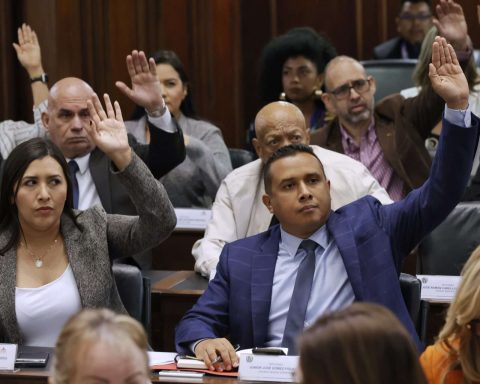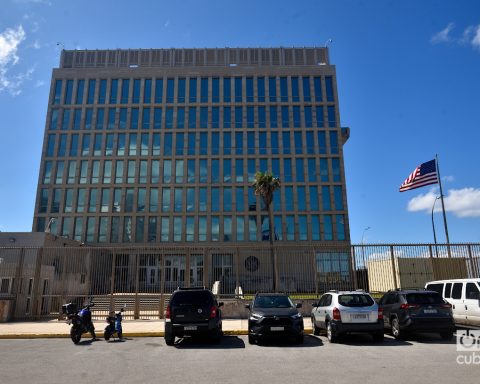The Paris Saint-Germain striker Neymar got a habeas corpus in a Brazilian court thanks to which cannot be “prosecuted or arrested” for tax evasion in his country, within the framework of two tax actions, according to his advice.
The Federal Regional Court of the 3rd Region of Brazil determined the suspension of an “investigative criminal procedure” in which the Prosecutor’s Office proposed an agreement to avoid sitting him on the defendant’s bench.
read also
Nevertheless, the court considered that there is not enough evidence for the Public Ministry to offer an agreement.
“It would be markedly authoritarian to threaten with Criminal Law those who exercise their basic constitutional right to pay everything when it is due, but only when it is due,” alleged the footballer’s defense in a note, represented by the Davi Tangerino Advogados law firm.
This case is unrelated with the trial that the star of the Brazilian team will face in Spain next October, a month before the World Cup in Qatar begins, for alleged irregularities in his signing for Barcelona in 2013.
In the Brazilian case, Neymar is accused of tax evasion for not declaring correctly and, therefore, not paying the corresponding taxes referring to some payments that he and his family received from Barcelona between 2011 and 2013, when he was still a Santos player.
The Brazilian Treasury imposed a fine of 188 million reais (today about 36 million dollars) that the footballer managed to reduce considerably through a series of resources in judicial instances.
In May 2020, also obtained an injunction which allowed him to suspend payment of the fine until the case was tried.
Neymar’s defense alleges that a large part of the money demanded by the Brazilian authorities was paid in Spain, while defending the colors of the Barcelonathrough the payment of taxes in that country, whose values should be subtracted from the fine.
After the habeas corpus, his lawyers insisted that there is not the “minimum certainty about the existence of a criminal act”, nor “the possibility that the Federal Public Ministry sought a conviction” or had an “interest in acting”.
“These conditions must be present when an agreement not to prosecute is offered, since the agreement is an alternative to filing a complaint,” argued Neymar’s lawyers, a thesis accepted by the Brazilian Justice.
